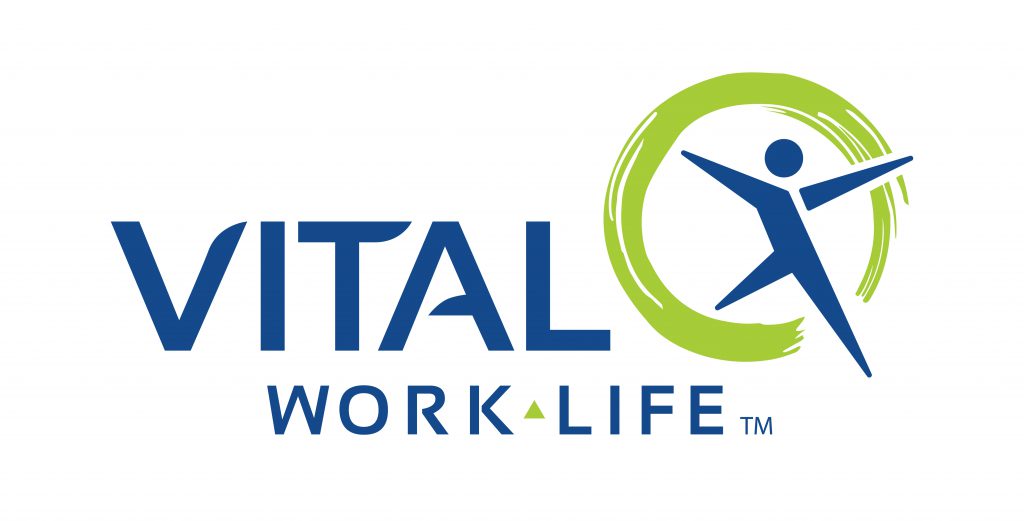Dear colleagues,
Wow – what a tumultuous time to be a health care leader! No matter what sector you are working in, no doubt you and your colleagues are wondering what is going to happen in health care under the Trump Administration. I wish I could give you the answers! I do want to reassure you that we here in the Chapter are keeping a close eye on what new or revised policies and legislation are coming out and how they will impact you.
I am honored and excited to be serving as Chapter President for 2017. We have a lot of work ahead of us to continue to deliver value to you as members. Please keep a close eye on our website for announcements of educational events, articles, and links to other valued websites that will give you the insights and information you need to be your best in your job.
I want to call out a couple highlights of the great work being done in the Chapter. First, I want to welcome Teresa Feidt, FACHE, MBA, BSN as the newest member of the Board. We have a highly engaged and committed Board here to serve you – so please do not hesitate to reach out to any one of us.
Please take a look at the Leadership Development Program (LDP) information and eligibility criteria and apply if you meet the criteria, or encourage a Chapter member colleague to apply! The LDP is rich with immersion experiences and offers participants focused learning and networking opportunities at many organizations throughout the 10-month program. The 2017-18 cohort will be our eighth cohort since the Program’s inception. The deadline to apply is March 13.
In September we will once again hold an annual conference, designed to offer our members 12 Face-to-Face credits for a real bargain. This year the theme is Driving Engagement Through Innovation, and it will be held Sept. 18-20, 2017 in Elkhart Lake. Even if you do not currently need credits for certification or re-certification, the event promises to increase your knowledge about current trends in healthcare and give you tools for becoming a better leader in your field, as well as provide excellent networking opportunities. Thanks to the Chapter Program Committee for their hard work in planning and executing this great event.
Once again, please do not hesitate to reach out to me or to any member of our Board if you have any questions or suggestions or to get involved!
Get Connected! Stay Informed! Position for Success!
Sincerely,
Rebecca Wieczorek, FACHE











